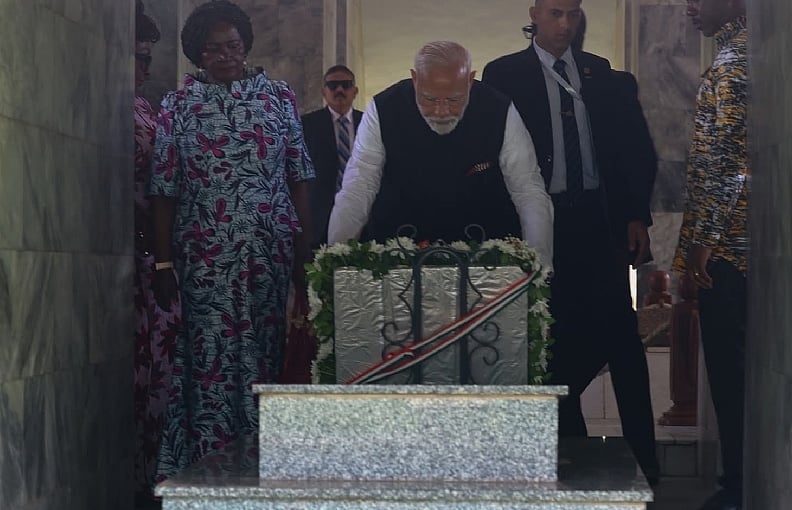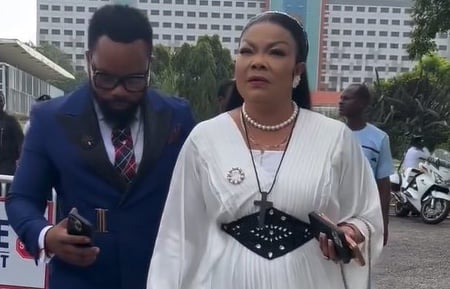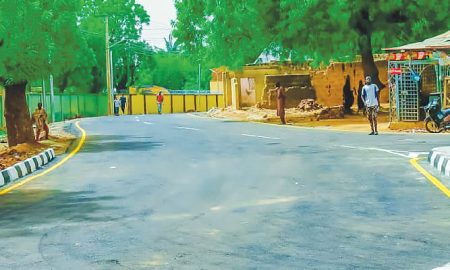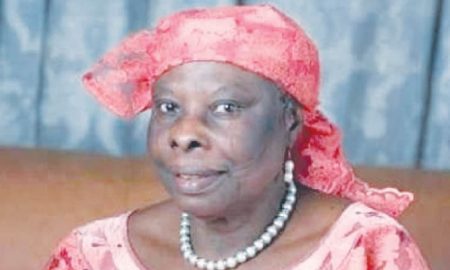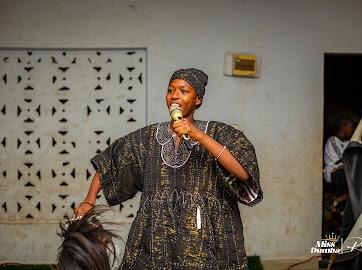Narendra Modi, the Prime Minister of India, embarked on a significant two-day state visit to Ghana, a journey punctuated by a poignant tribute to Osagyefo Dr. Kwame Nkrumah, Ghana’s founding father and a towering figure in the Pan-African movement. This visit, the first by an Indian head of government in three decades, served as a powerful symbol of the enduring ties between the two nations, reaffirming their shared commitment to democratic ideals, South-South cooperation, and a history intertwined with the struggle for independence. Modi’s pilgrimage to the Kwame Nkrumah Memorial Park, a hallowed ground dedicated to the memory of the visionary leader, underscored the deep respect India holds for Nkrumah’s legacy and the profound impact his ideals have had on the global stage.
The centerpiece of Modi’s visit was the solemn wreath-laying ceremony at Nkrumah’s mausoleum, a structure designed by the acclaimed architect Don Arthur. Accompanied by Ghana’s Vice President, Professor Naana Jane Opoku-Agyemang, Modi paid his respects to both Dr. Nkrumah and his wife, Fathia Nkrumah, whose remains rest together within the memorial. This symbolic act served as a testament to Nkrumah’s enduring influence, not just within Ghana, but across the African continent and beyond. The memorial itself stands as a testament to Nkrumah’s multifaceted contributions: his instrumental role in leading Ghana to independence from colonial rule, his tireless advocacy for Pan-African unity, and his unwavering belief in the power of self-determination for African nations.
Modi’s words following the ceremony echoed the profound respect he held for Nkrumah. He lauded the Ghanaian leader as a “visionary statesman” whose thoughts and ideals had inspired countless individuals and movements globally. Modi highlighted Nkrumah’s dedication to the well-being of the Ghanaian people, acknowledging his transformative leadership during the formative years of the nation’s independence. The Indian Prime Minister’s words of admiration painted a portrait of a leader whose influence transcended national boundaries, shaping the trajectory of African liberation and inspiring movements for freedom and self-determination worldwide. This tribute, delivered at the very heart of Nkrumah’s memorial, served to solidify the historical connections and shared values that underpin the relationship between India and Ghana.
Beyond the ceremonial aspects, Modi’s visit carried significant diplomatic weight, signaling a renewed commitment to strengthening ties between India and Ghana. The timing of the visit, occurring three decades after the last visit by an Indian Prime Minister, underscored the importance both nations placed on revitalizing their bilateral relationship. This renewed focus on cooperation promises to open new avenues for collaboration in various sectors, from trade and investment to cultural exchange and development initiatives. The shared history of both nations, marked by their experiences with colonialism and their subsequent journeys towards independence, provides a strong foundation for future partnerships built on mutual understanding and respect.
The visit to the Kwame Nkrumah Memorial Park served as more than just a ceremonial gesture; it represented a symbolic bridge connecting the past with the present and future. It was a poignant reminder of the shared struggles for freedom and self-determination that have shaped the historical narratives of both India and Ghana. By honoring Nkrumah’s legacy, Modi not only acknowledged the impact of his leadership on Ghana but also recognized the broader significance of his contributions to the Pan-African movement and the global fight against colonialism. This gesture reaffirmed the deep-seated historical and diplomatic ties between the two nations, setting the stage for a revitalized partnership based on shared values and a commitment to mutual progress.
In essence, Narendra Modi’s visit to the Kwame Nkrumah Memorial Park transcended mere diplomacy. It was a powerful affirmation of the shared ideals that bind India and Ghana, a celebration of a historical figure who championed freedom and unity, and a promise of renewed cooperation between two nations striving for a brighter future. The visit symbolized a commitment to building stronger ties, fostering greater understanding, and working together towards common goals, all while honoring the legacy of a leader whose vision continues to inspire generations. This renewed focus on the India-Ghana relationship holds the potential to unlock new opportunities for both nations, paving the way for increased collaboration and shared prosperity in the years to come.





